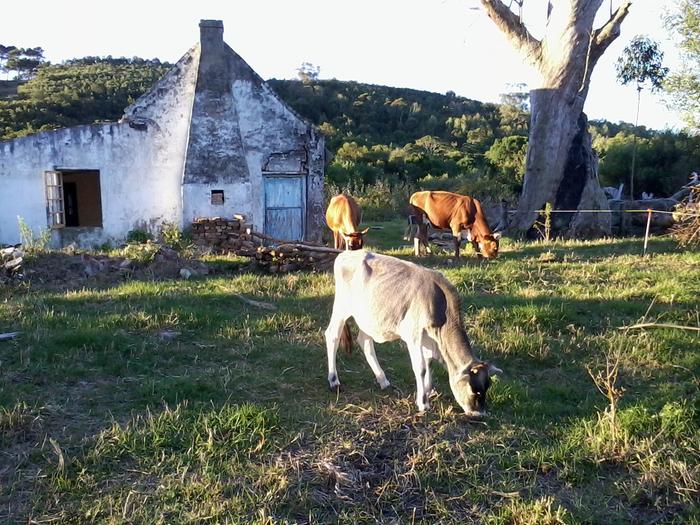




My life is a constant battle between my two loves: https://www.noharchitects.com and https://buildingfreedomtoday.com/pebblespring-farm/. Thanks for taking the time to hear my story of this mission.




How permies.com works
What is a Mother Tree ?








Let Nature work for you.




My life is a constant battle between my two loves: https://www.noharchitects.com and https://buildingfreedomtoday.com/pebblespring-farm/. Thanks for taking the time to hear my story of this mission.




My life is a constant battle between my two loves: https://www.noharchitects.com and https://buildingfreedomtoday.com/pebblespring-farm/. Thanks for taking the time to hear my story of this mission.
 1
1








My life is a constant battle between my two loves: https://www.noharchitects.com and https://buildingfreedomtoday.com/pebblespring-farm/. Thanks for taking the time to hear my story of this mission.




Timothy Hewitt-Coleman wrote:@ Don. Interesting to hear your experience with Dorpers. I did not realize this South African bread was popular as far away as California.




My life is a constant battle between my two loves: https://www.noharchitects.com and https://buildingfreedomtoday.com/pebblespring-farm/. Thanks for taking the time to hear my story of this mission.
 1
1





| I agree. Here's the link: http://stoves2.com |


